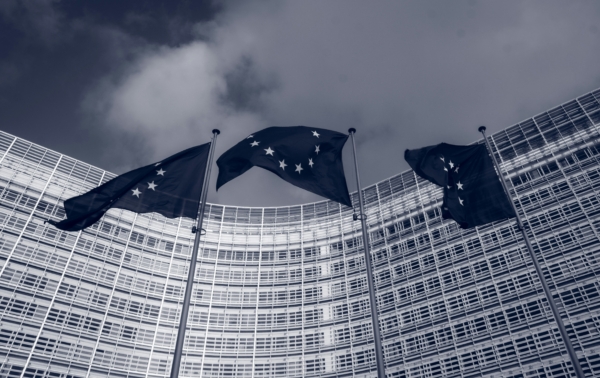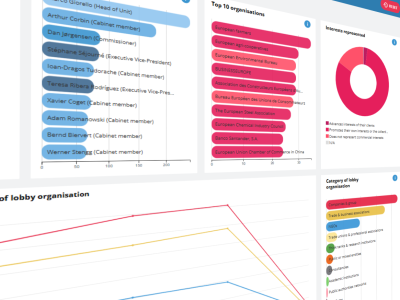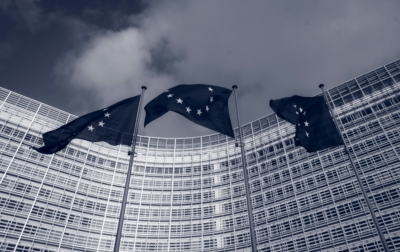The rule of law has a direct impact on the life of every citizen: it is a precondition for ensuring equal treatment before the law and the defence of individual rights, for preventing abuse of power by public authorities and for decision-makers to be held accountable.
The European Union is based on a set of shared values, including fundamental rights, democracy, and the rule of law. These are the bedrock of our societies and common identity. No democracy can thrive without independent courts guaranteeing the protection of fundamental rights and civil liberties, nor without an active civil society and free media ensuring pluralism.
Yet, despite this, antidemocratic policies have flourished in multiple member states. Attacks to the rule of law have emerged in the form of high-level corruption and the abuse of power, attempts to weaken the judiciary, attacks on civil society and harassment of independent media through litigation.
At the same time, the EU’s financial interests are being undermined, as funds are misused and the EU’s budget potentially funds member states that consistently breach its own values.
Policy position: Defence of Democracy Package
See our suggested amendments to the Defence of Democracy Package here.








